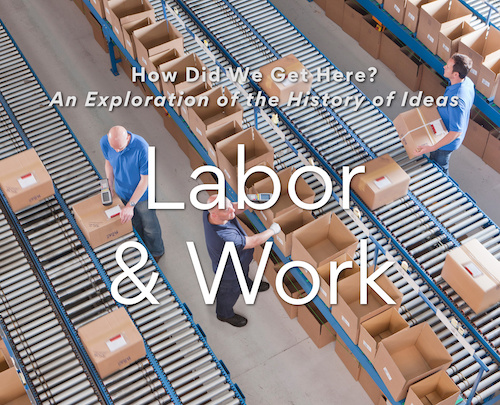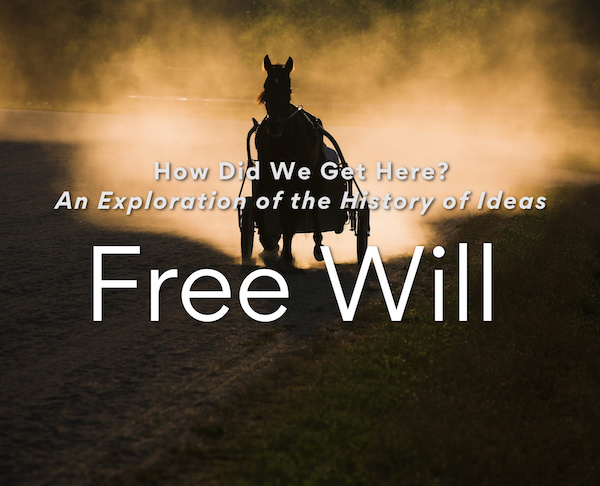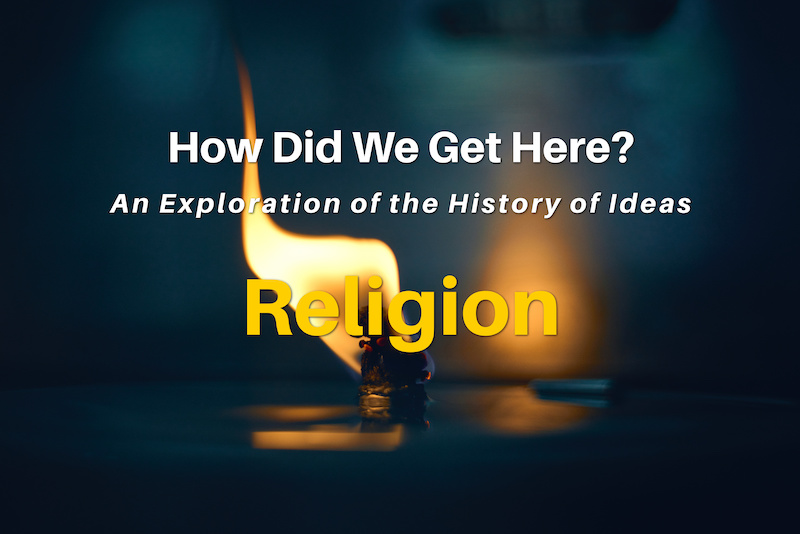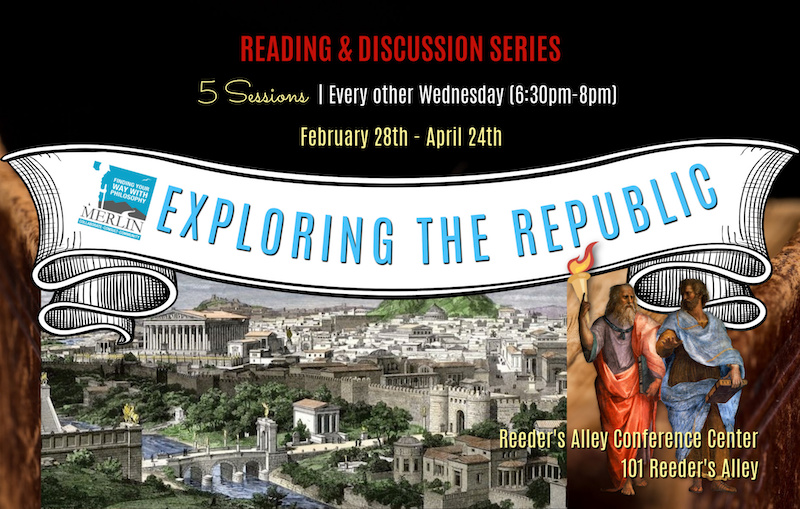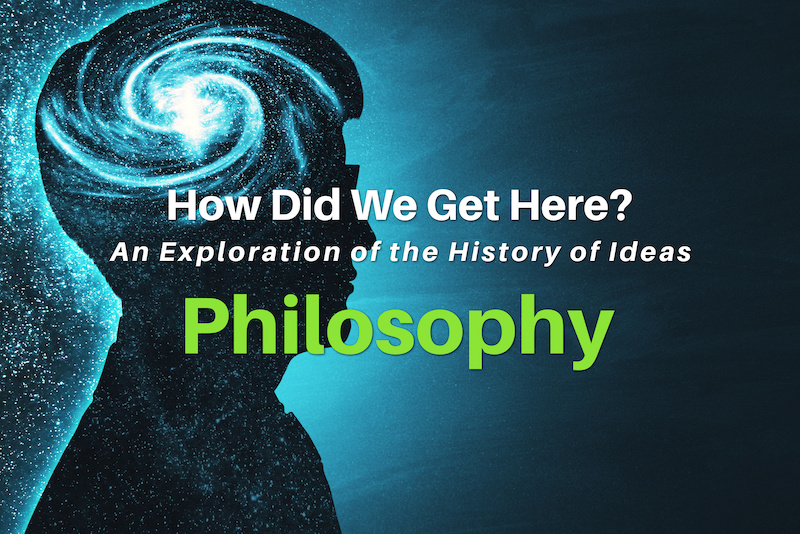Short Reads: Consent & Consequences — A Conversation with the Laws
Reeder's Alley Interpretive & Convention Center 101 Reeder's Alley, Helena, MT, United StatesOur “Short Reads” evenings explore a focused philosophical argument or theme, by way of a short (4–6 page) paper. During the evening, we’ll step through the paper together, using it as the focal point for a lively and interactive conversation. Learn more & RSVP here.


